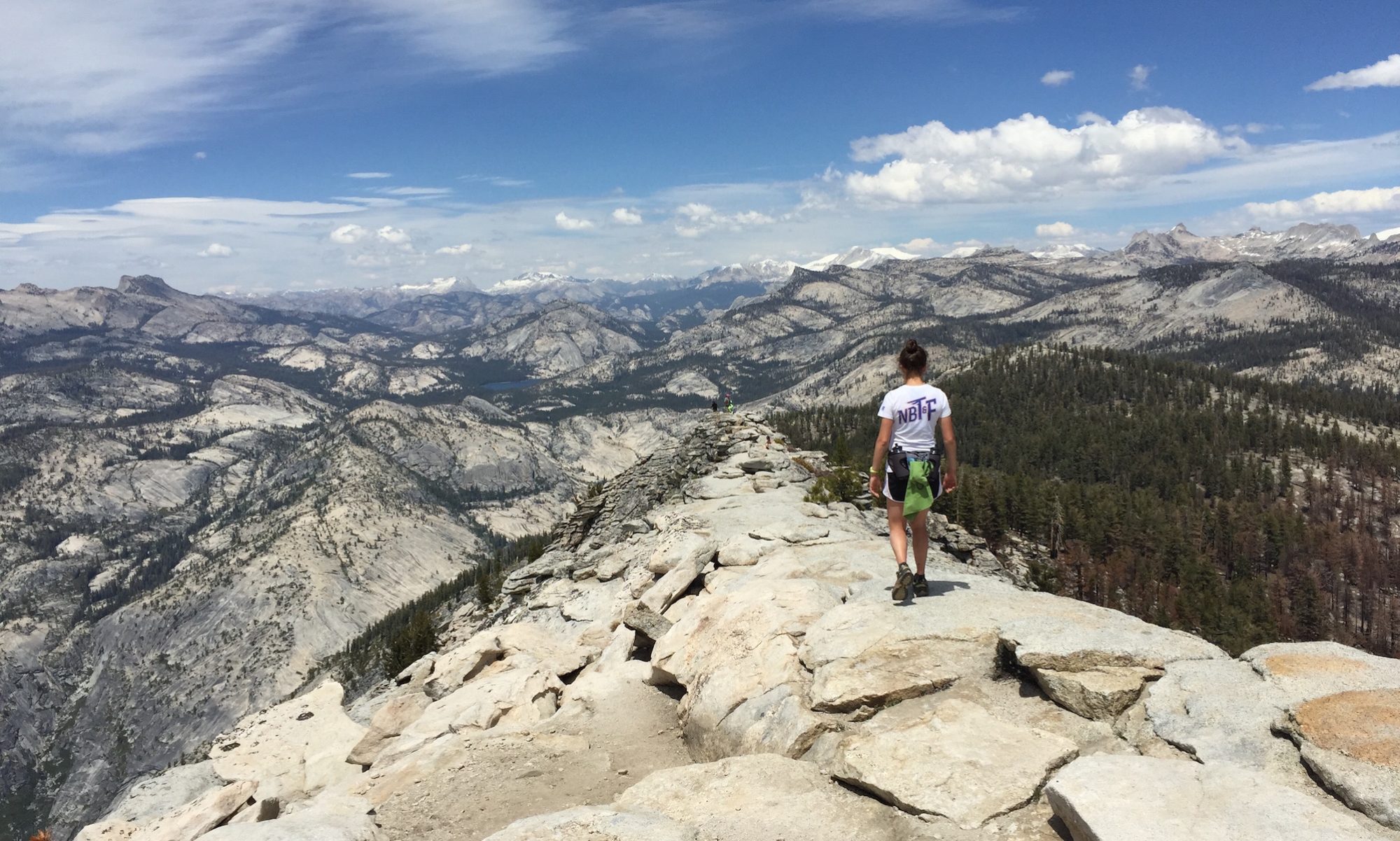We are reading Marshall McLuhan this week for the New Media Seminar, which gives us a nice pivot to thinking about how we prepare for the future and understand the past, especially in times of great change.
One of the themes of McLuhan’s Gutenberg Galaxy is that societies on the verge of massive changes are unaware of the imminent paradigm shift. At the same time, periods of transformation often make the dynamics of the immediate past more apparent. In The Great Transformation (1944), Karl Polanyi examines the effects of the industrial revolution on the human psyche and the transformations of traditional relationships of redistribution and reciprocity into a “market society” in 18th and early 19th-century England. McLuhan leans on this analysis to develop his own argument about the mesmerizing effect of new communication technologies, insisting that their long-term significance might be inversely proportional to their perceived importance when they first appear:
“What Polanyi observes about the insentience of those involved in the expediting of the new machine industry is typical of all the local and contemporary attitudes to revolution. It is felt, at those times, that the future will be a larger or greatly improved version of the immediate past. Just before revolutions the image of the immediate past is stark and firm, perhaps because it is the only area of sense interplay free from obsessional identification with new technological form.
No more extreme instance of this delusion could be mentioned than our present image of TV as a current variation on the mechanical, movie pattern of processing experience by repetition. A few decades hence it will be easy to describe the revolution in human perception and motivation that resulted from beholding the new mosaic mesh of the TV image. Today it is futile to discuss it at all.” (New Media Reader, p. 199)
The historian in me appreciates McLuhan’s nod to historical perspective. By temperament and training historians value the analytical clarity afforded by (chronological, spatial, conceptual) distance from the events and processes we study. The familiarity of the known present brings the salient pieces of the unknown past into high relief. But anticipating the shape of things to come is another matter entirely. As we mark the twenty-fifth anniversary of the World Wide Web this month I find myself drawn to assessments of the web’s influence and the essential role it has played in shaping the present. Some late twentieth-century predictions about the digital future seem remarkably prescient, including these from MIT’s William J. Mitchell and former Grateful Dead lyricist, John Perry Barlow:
The body net will be connected to the building net, the building net to the community net, and the community net to the global net. From gesture sensors worn on our bodies to the worldwide infrastructure of communications satellites and long-distance fiber, the elements of the bitsphere will finally come together to form one densely interwoven system within which the knee bone is connected to the I-bahn. – William Mitchell, 1994
We’re going to have to look at information as though we’d never seen the stuff before … The economy of the future will be based on relationship rather than possession. It will be continuous rather than sequential. And finally, in the years to come, most human exchange will be virtual rather than physical, consisting not of stuff but the stuff of which dreams are made. Our future business will be conducted in a world made more of verbs than nouns. – John Perry Barlow, 1994
(both from: http://www.elon.edu/e-web/predictions/early90s/edgyincisivepredictions.xhtml)
Other predictions were more dire, and many of course, were just wrong. Take a few minutes to browse through the Time Capsule in Elon University’s Imagining the Internet project and you will see what I mean.
As we take stock of the Web at 25 and the internet at about 40 it is both compelling and daunting to think about where we might be headed. One project worth investigating is Digital Life in 2025, a collaborative effort between the Pew Research Center’s Internet Project and Elon University’s Imagining the Internet Center. Looking at the report’s “fifteen theses about the digital future,” I was relieved that eight of them are characterized as “hopeful.” These include the promise of more democratic, open, knowledge-generating and ignorance-banishing communication between individuals tapping into an enhanced global connectivity, as well as the potential for the internet of things, artificial intelligence and big data to give people more control over their health and well-being. Also in the “hopeful” category is the potential for mobile technologies to facilitate peaceful change and political transformations. The six (much) less sanguine theses about the shape of things to come focus on the potential for “abuses and abusers” to “evolve and scale,” as well as on the intensifying efforts of governments and corporations to use the internet for political and social control. Concerns about privacy are well-founded according to the “less-hopeful” predictions, which also caution (a la McLuhan) that many of us do not appreciate the profound changes already underway that will disrupt our basic understandings of ourselves as social, political, human animals.
The fifteenth thesis comes as advice more than prediction:”Make good choices today” the report suggests, encouraging us to imagine the different paths into the future and leverage the affordances of the internet to make sure some of the more promising ones come true. Echoing Virginia Tech’s branded slogan, the final thesis promises: “Foresight and accurate predictions can make a difference; ‘The best way to predict the future is to invent it.’”
